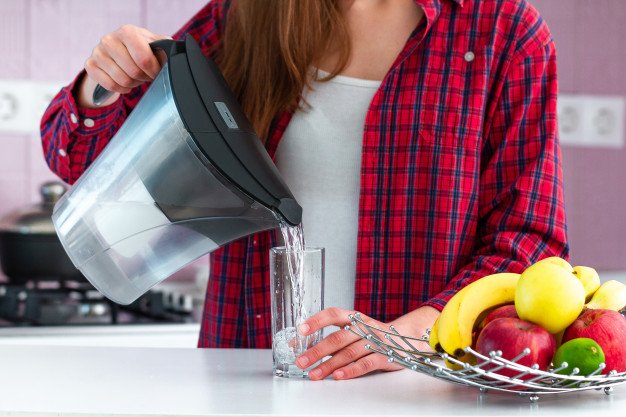Medical malpractice is when you sustain an injury because of an error made by the medical professional. It occurs when a professional does not follow the standard of care that needs to be provided to the patient. This carelessness can be caused by medical professionals in several ways as discussed below.
In recent years awareness around issues of medical malpractice has spread among communities. People know that institutions, pharma companies and doctors can on occasions prioritize economic and business interests. This is why a growing body of trained personal injury attorneys have come forward to help individuals and families with regards to medical malpractice claims and settlements. If you would like to get in touch with a medical malpractice attorney for your lawsuit, please follow this link.
Common Types and Causes of Medical Malpractice:
Misdiagnosis
Misdiagnosis or delayed diagnosis is one of the most common types of malpractice in the medical profession. It means failure to identify the illness correctly or on time which has severe outcomes for the patient. The most commonly misdiagnosed diseases include cardiovascular diseases and cancer.
Surgical Error
Surgeons are most likely accused of malpractice as a probability of malpractice is more than other procedures. Surgeons often make minor mistakes which could prove to be fatal for the patient, for example, puncturing an organ, operating on the wrong side, leaving a surgical instrument in the body, etc. Mistakes could also occur aftercare as well if the patient’s condition is not observed.
Infections
Hospitals are filled with people carrying different diseases and germs so it is necessary for medical professionals. Negligence in providing proper health care could result in a lawsuit for medical professionals or the institution. You should be informed of the risks you could be exposed to else you have got a lawsuit claim against the medical professionals for malpractice.
Anesthesia
Anesthesia mistakes are rare but are more dangerous than surgical errors as even a minor miscalculation could lead to permanent injury, severe brain damage or even death. Anesthesia-related errors include injecting too much anesthesia, failing to monitor the patient’s condition or using defective equipment.
Medication errors
They are the most common type of medical malpractice and can occur in many ways. An error could be made in the prescribed drug by the doctor, prescribing drugs that could cause a reaction, wrong medication to the wrong patient or recommending improper dosage to the patient. If there is an error in the medication chain, from doctor to pharmacist; the patient will be the one who will suffer.
Pregnancy / Childbirth
Issues in childbirth either with the mother or with the child are very common which are mostly caused by the professional’s negligence. Major types of malpractice during childbirth include excessive bleeding, unusually long labor, negligence in surgery; while performing a cesarean delivery, nerve injury to the baby during labor, etc. These issues expose the mother and the child to several risks.
These are the few common types of medical malpractice however there could be many more ways a medical professional can commit an error. You need to be informed of what is being done to you or to a loved one. If unfortunately, you are a victim of medical malpractice, you need to contact a medical malpractice attorney in Miami, FL as soon as possible. The medical professionals and their insurance representatives could coerce you to not file a lawsuit or settle at a very low amount.
Read Also:






















